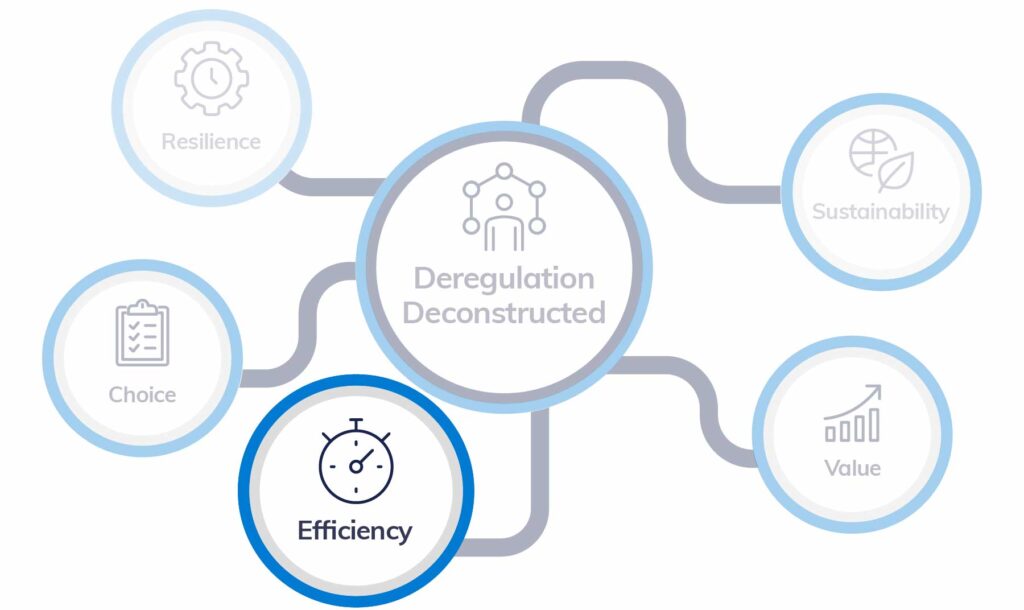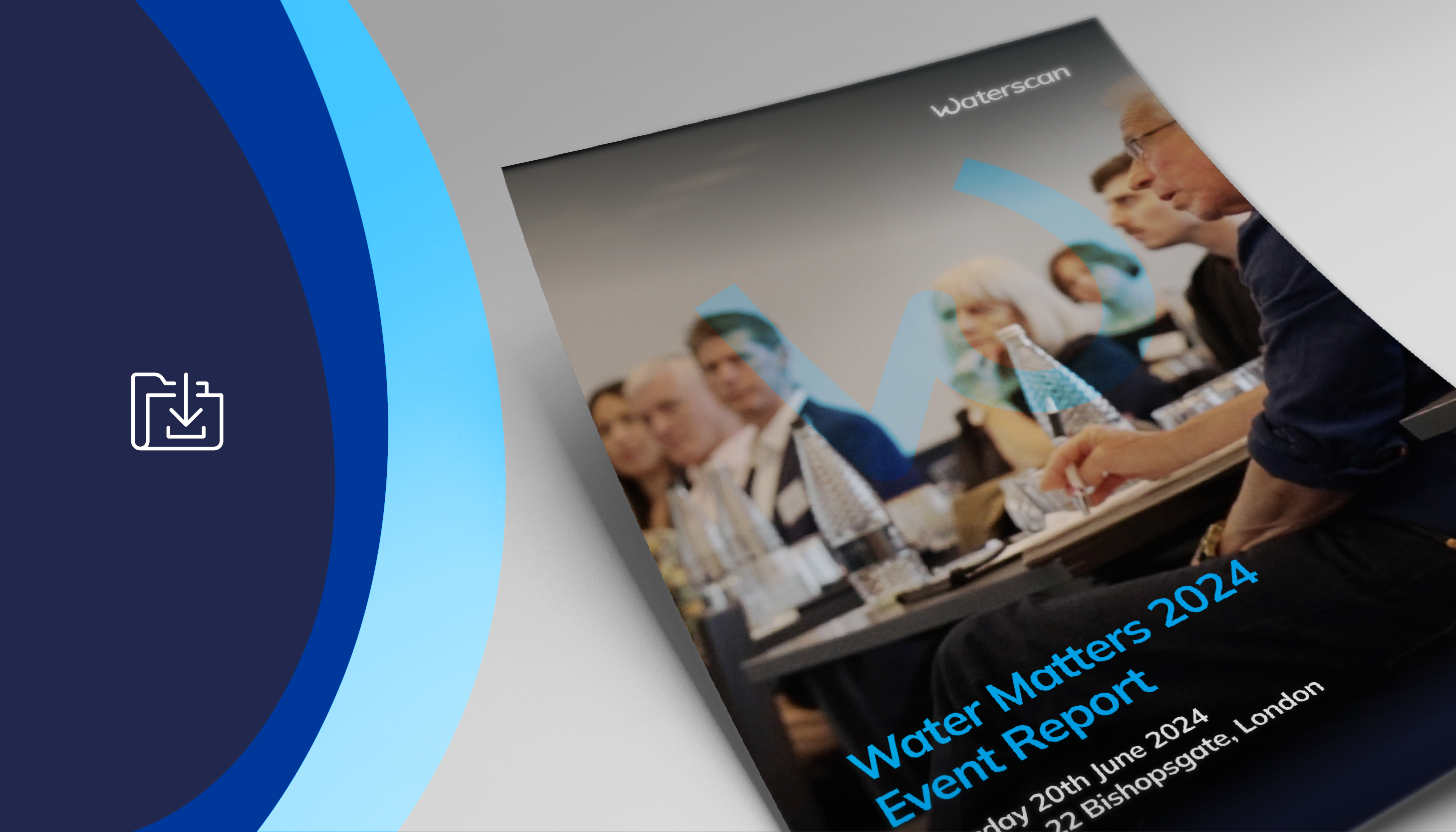The deregulation of the water industry in 2017 set out to accomplish a lot.
Five years on, to what extent has it delivered on administrative efficiency for customers?

Progress
Britain’s businesses have experienced unparalleled challenges in the last couple of years, causing the optimisation of internal resource to be a primary consideration. The opportunity to consolidate water bills with one retailer rather than across multiple suppliers, should save customers considerable administration time.
MOSL’s public online dashboard provides visibility of trading party performance – a good marker of efficiency on which customers can make decisions.
Reliable, accurate data underpins administrative efficiency. Companies that Self-Supply have consistently outperformed the rest of the market on this, with 100% data accuracy and just 1.27% long-unread meters.
“We are operating successfully in the water market through Self-Supply – billing is accurate and CMOS represents our sites”*
Wholesaler/retailer collaboration has been improved following the introduction of a bilateral hub. In time, this should trickle down into improving the customer experience and the flow of data in the market.
An overhaul of market governance led to the creation of a Strategic Panel which promises to accelerate the resolution of persistent market frictions.
Roadblocks
Data deficiency has been the downfall of the water market to date. It can take a business many months and costly resource to get the very data the market should increase access to. Yet, essential information like many account owner names and addresses remain inaccurate in the central market operating system (CMOS).
“The saving against the regulated market was very small and in fact, it created more confusion and work, especially during the transition where the majority of information was not in the market system or was wrong”*
Most water meters are dumb, requiring manual reads. This lack of agile data directly impacts customers’ ability to take a strategic approach to efficiency gains.
“There still appears to be quite a lot of manual intervention for obtaining meter reads, the use of meter reads, invoicing per SPID, and reconciliations”*
“The approach the water market has taken to metering has fallen below my expectation. We expected that AMR metering could have been rolled out across our portfolio, at a viable cost. Currently there are too many barriers to make this feasible for our level of consumption”*
Smart meter roll-out is slow

Source: MOSL Market Charts
The number of long-unread customer water meters (those not read for 12 months or more) has been exposed, but not resolved, with MOSL reporting that these remain at 182,000 meters (14%).
“Metering remains a key concern and has not materially moved on since deregulation. This should be prioritised”*
Long Unread Meters remain high

Source: MOSL Annual Performance Report 2021-22
While water retailers have new freedoms, wholesalers remain reliant on rules and standards reflecting expectations set out by regulator Ofwat and this has caused considerable friction in the market and a lack of customer focus.
“Some of the processes involved have been difficult for us. There are still challenges we face in dealing with the wholesaler such as reducing drainage charges”*
Moving Forward
- CMOS data should be cleansed without delay, prior to non-essential enhancements to the system being undertaken.
- A target for rolling out advanced metering infrastructure should be set, and unrestricted access to resulting data should be made available as standard.
What are your priorities? Find out how the water market is performing on other measures:
*Direct customer quotes from survey conducted by Waterscan, May 2022




